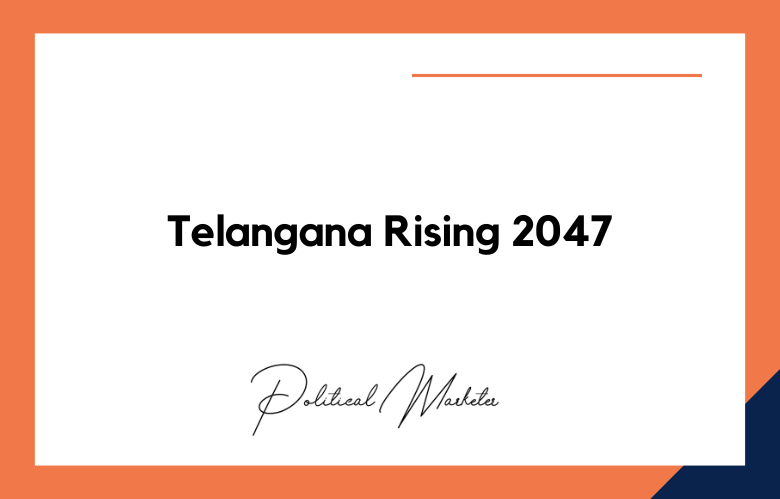Effective political coalitions have always been the key to political success. The process of building a political coalition that can advance a shared political agenda could be a challenging task for any leader. A political coalition is a group of people who come together to achieve a common political goal or objective. The ability of a political leader to build an effective coalition is a vital political skill.
Politics is all about relationships, and the ability to build and maintain relationships is crucial to the success of any politician. Therefore, building effective political coalitions is vital to achieving long-term political success. We will discuss your steps to create an effective political coalition.
Blueprint for Success: Building Effective Political Coalitions
Forming effective coalitions is one of the most crucial skills political leaders must possess in political strategy. A political coalition is an alliance between multiple political parties, organizations, or groups that promote mutual interests and achieve shared goals.
Political coalitions are essential for success as they provide the necessary support, resources, and workforce to achieve political objectives. Moreover, they enable political leaders to leverage their partners’ strengths and create a more comprehensive and united front.
Several factors must be considered to build an effective political coalition, including common interests, shared goals, and mutual benefits.
It is vital to ensure that all partners in the coalition share a similar vision and are committed to working towards achieving it. A common goal provides the rationale for the alliance, and all members can contribute their strengths to the effort.
Unlocking the Power of Unity: Strategies for Building Political Coalitions
Unlocking the Power of Unity: Strategies for Building Political Coalitions is paramount in the current socio-political climate. Forming political alliances has always been a crucial aspect of decision-making in any democratic society.
However, in today’s complex and polarized world, it is even more critical for political leaders to work together toward a common goal. Unity is the key to achieving shared objectives and resolving disputes through a collaborative effort rather than divisive tactics.
One way to build political coalitions is through the principle of inclusiveness. Influential political leaders understand the importance of representation and inclusion of diverse voices in their constituencies.
By actively seeking the participation of individuals from different ethnic, cultural, and socio-economic backgrounds, leaders can harness the power of different perspectives and ideologies to create an inclusive agenda that addresses the needs of all members of the community.
The Art of Diplomacy: Mastering Political Coalition Building
Diplomacy entails building meaningful political coalitions, a skill essential to success in modern politics.
Coalition building is a complex activity in which political actors work together to achieve common goals or objectives. It is a strategy that involves negotiating, bargaining, and compromise to build durable political alliances that can withstand shifting political winds or pressure from external forces.
In international diplomacy, coalition building has promoted peace, security, and international cooperation.
For instance, in the aftermath of World War II, the United States led a coalition of nations to establish the United Nations, an organization dedicated to promoting peace and cooperation among nations. Similarly, in the fight against terrorism, the US has developed a coalition of allies to strengthen its efforts to combat terrorism threats.
Forging Alliances: Building Effective Political Coalitions
Forging alliances and building effective political coalitions has become essential to modern politics. Political leaders and parties cannot advance their agendas without significant support from other groups. The complexity of current political dynamics demands that different actors form alliances to achieve their goals.
Parties and groups with shared interests and objectives typically form effective political coalitions. These allies work together to achieve a common goal without abandoning their original objectives. In doing so, political coalitions can amass more power and resources to promote their beliefs.
However, forming a political coalition is more than just declaring common interests. It requires a clear understanding of the political landscape, the challenges at hand, and the motivations of potential allies. Political leaders and parties must consider the possible risks and benefits of forming a coalition.
Strength in Numbers: The Key to Effective Political Coalition Building
In today’s political landscape, building effective coalitions can make or break the success of a movement or cause. The notion of strength in numbers is particularly evident in politics, where different groups must come together to effect meaningful change.
Successful coalition building requires dedication, strong leadership, a shared mission, and working collaboratively toward a common goal.
Historically, some of the most renowned political movements have been powered by coalitions. Civil rights leaders like Martin Luther King Jr. and Malcolm X worked hard to unite people from all walks of life and backgrounds in a shared struggle against racial injustice.
Similarly, the women’s suffrage movement of the late 19th and early 20th centuries achieved success after different groups of women put their differences aside to demand the right to vote. These are just a few examples of how effective coalition building can bring real change.
Identify Common Interests:
Effective political coalitions are typically formed around shared goals and interests. As a leader, you are responsible for identifying and working towards achieving these shared interests with the potential members.
Identifying shared interests requires spending time with the individuals or groups you hope to form a coalition with.
Meet with them, share your views on your goals, and listen to what they say. Building relationships with potential members ensures everyone is working towards a shared goal.
Keep an Open Mind:
Another critical component of building a successful political coalition is being open-minded. As a leader, you cannot expect potential members to share all of your views.
You must be willing to compromise on specific issues while ensuring that the shared goal of the coalition remains unchanged. The ability to compromise helps build trust and foster relationships among coalition members.
Communication is Vital:
Communication is essential in any relationship, including political ones. It is crucial to keep members informed about the progress with shared goals.
Regularly schedule meetings to discuss progress and provide feedback on what is working and what is not. The importance of communication cannot be overemphasized, as it would help address any challenges that may arise and keep the coalition members motivated.
Maintain a Positive Attitude:
Maintaining a positive attitude is another essential component of building effective political coalitions. It is important to stay optimistic and to provide encouragement to all members.
It would help create a conducive and positive atmosphere that would improve the chances of success. Positivity and encouragement also help maintain the trust and confidence of members in the coalition.
Celebrate Successes:
It is essential to celebrate the successes of the coalition. It helps build camaraderie and a sense of achievement among members.
Celebrating successes could be through a party, awards, presentations, or even a joint press conference. Such celebrations help maintain momentum and motivation while keeping all members focused on the larger goals of the coalition.
Conclusion:
Building an effective political coalition as a leader can be challenging, but it is a necessary skill for political success.
The process requires identifying shared interests, keeping an open mind, communicating effectively, maintaining a positive attitude, and celebrating successes.
Political coalitions should be seen as an opportunity to achieve more extraordinary things by working together with others. With these steps in mind, leaders can build successful political coalitions that achieve shared political agendas smoothly.
Call: +91 9848321284
Email: [email protected]










